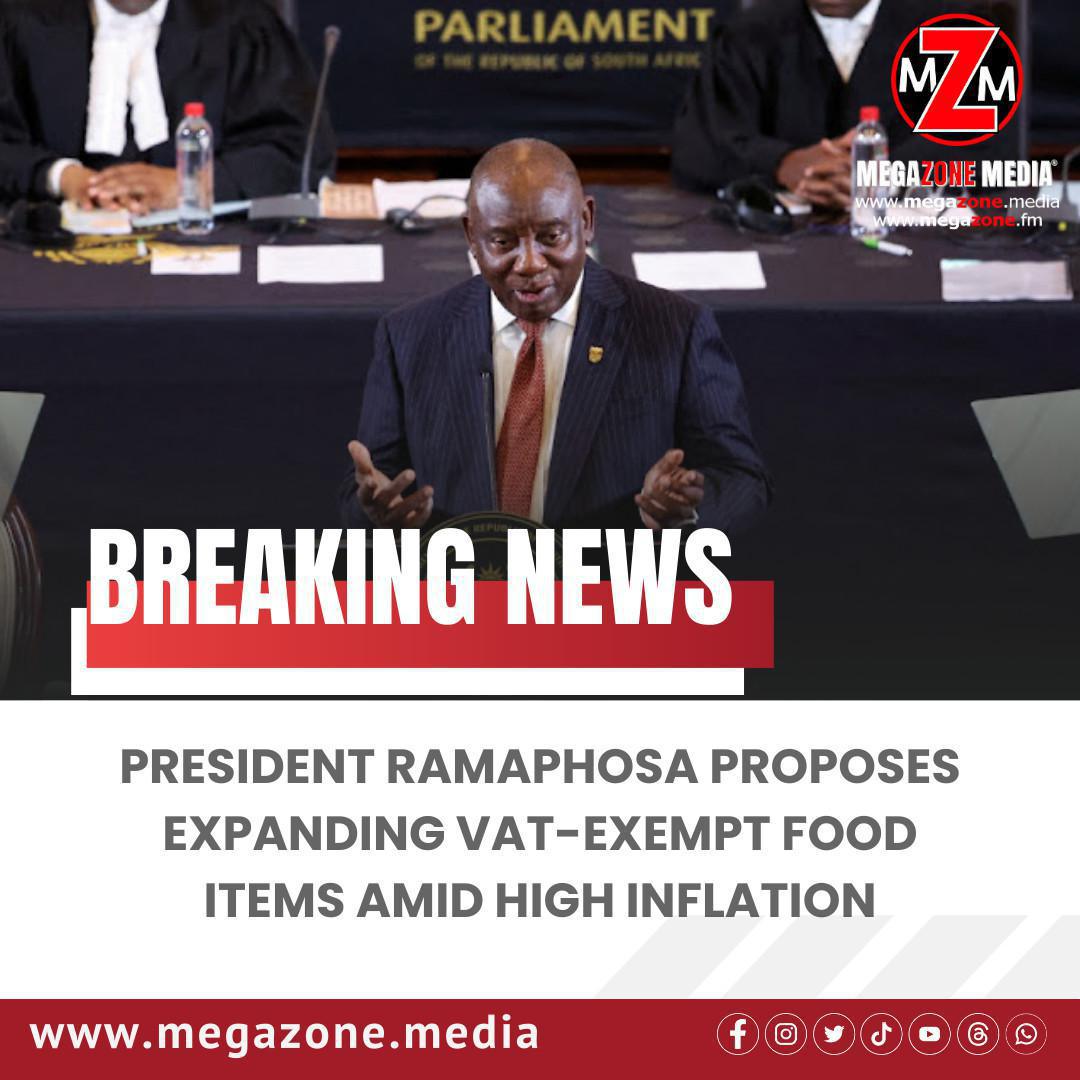President Cyril Ramaphosa has announced a plan to expand the range of food items exempt from value-added tax (VAT), aiming to reduce the cost of essential goods for South Africans. This initiative, outlined during his recent Opening of Parliament Address, is part of the Government of National Unity's (GNU) broader strategy to mitigate rising food prices and alleviate financial pressure on households.
Ramaphosa emphasized the government's commitment to reviewing administered prices and expanding the basket of essential food items that are zero-rated for VAT. This move comes in response to the significant impact of high food inflation on poor households, with food prices increasing by 9.2% in 2022 and 10.8% in 2023. Currently, VAT is not applied to basic foods such as brown bread, maize meal, samp, milk powder, pilchards, rice, fruits, vegetables, milk, and eggs.
However, Ramaphosa did not specify which additional food items might become VAT-exempt, highlighting the complexities involved in such decisions. The National Treasury estimates that VAT will generate R477 billion in revenue for the 2024/2025 financial year, making it a critical source of government income. Any expansion of VAT exemptions would need to carefully balance the need to support low-income households with the potential loss of revenue.
The complexities of defining VAT-exempt items have been an ongoing challenge. For instance, the zero-rating of VAT on fruits and vegetables does not extend to pre-cut or prepared products, as clarified by Finance Minister Enoch Godongwana. This example illustrates the intricate legal and practical issues that can arise when determining VAT exemptions.
Charles de Wet, an executive for tax practice at ENS Africa, noted that the debate over VAT-exempt food items has been ongoing since the introduction of VAT in South Africa. While expanding the list aims to ease financial burdens on poorer households, it is challenging to prevent higher-income households from benefiting as well. The government also faces the challenge of defining items, such as chicken, to prevent abuse and minimize revenue loss.
Deputy Finance Minister David Masondo has expressed concerns about the financial implications of expanding the VAT-exempt list, estimating that the current exemptions cost the government over R30 billion annually. He argued that targeted cash transfers to low-income households could be more effective and redistributive than broad VAT exemptions, which often benefit wealthier consumers more.
As the government considers these changes, it will need to address the complexities and potential revenue losses to ensure the policy effectively supports those most in need.


